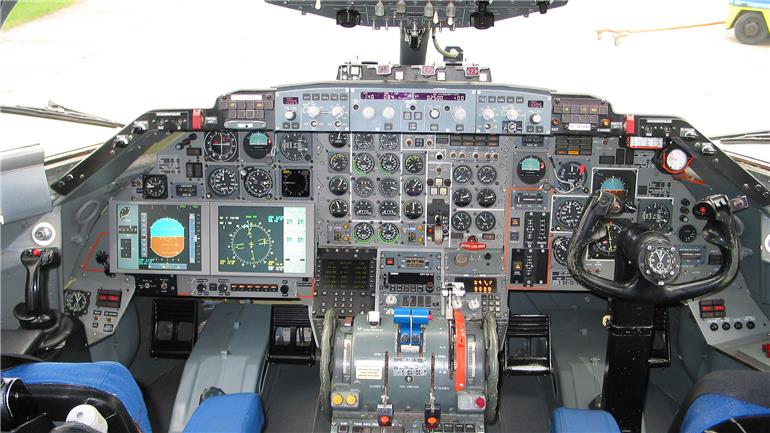I've always wanted to fly my own plane. When I was nine years old I used to fly alone (unaccompanied) from La Guardia in New York to Pittsburg, PA to visit my grandparents. Inevitably the co-pilot would come back to my seat and invite me up to help fly the airplane. (No doubt this provided him an opportunity to chat up the "Stewardess" while I was up front with the Pilot).
I would be settled into the co-pilot seat, earphones were put on my head, a dazzling array of instruments lay in front of me and I could see clouds flying by outside the window. I was in heaven. I was so excited I could barely contain myself.
Years later I did learn how to fly on my own.
Since then I've had a new feature added to my life - Parkinsons. I believe I have stumbled (pardon the metaphor) on the perfect paradigm to follow for Parkinsons. I have realized that one major aspect of Parkinsons is that you "slow down", that you are inclined to speak more softly... that you're overall "pace of life" (especially relative to other people) becomes slower or more inhibited. I decided for me the answer was to "Keep flying".
Planes have "automatic pilots" - computers that can essentially fly the airplane without the pilots doing anything. In fact if you air travelers realized that on a 747 the only thing the pilot HAS TO DO is put the wheels down.... you might become a little anxious.
Non-PwP's walk without thinking about it. Their brain says "go over there" and everything just happens, without thought. Not quite so easy (or fast) for some of us.
So I decided to tuck a "How to Fly" book under my arm, I undid my seat belt and strode up the aisle from Passenger Section of the plane and settled into my seat in the cockpit. I decided it was time for me to (figuratively speaking) put my hands on the wheel, look at the clouds going by and switch the plane to "Manual Controls" and forget about the "Automatic Pilot."
What that means in reality is that I "pace" myself by watching others walk. I widen my step to keep up with them. When I walk up the ramp getting off the Ferry for example, its a perfect time to "keep step". Mentally I say "one", "one two", "one two three four"
In a plane, when you are in bad weather and need to rely on instruments .... and you decide not to but just rely of "the feel" of flying right... you won't because the torque of the engine distorts your perception. If you continue to do this, you go into what's called a "Dead man's spiral" .... probably what happened to John Kennedy's son.
With Parkinsons, if you don't diligently and persistently "Check your instruments" (ie watch and pace yourself along with others)... you will gradually loose altitude without even being aware of it. You need to pace, you need to take LSVT (voice training) so that you develop and learn to use the instrumentation to stay at altitude. You need to remain vigilant and not assume your sensory equipment is operating correctly. The instruments (perception) are no less important than the engines (muscles, exercise) in keeping the plane in the air.
There is reward in taking charge and keeping the plane up there. Maybe there is not the rush for me at 70 as it was for me as a nine year old in the cockpit. The nine year old was entirely unaware of what all those instruments measured and all the things behind them that could go wrong. He lacked the experience of life.
What he and now I share still is the desire to stay in command and in control. To be up there making decisions in our dreams of in actual fact.
